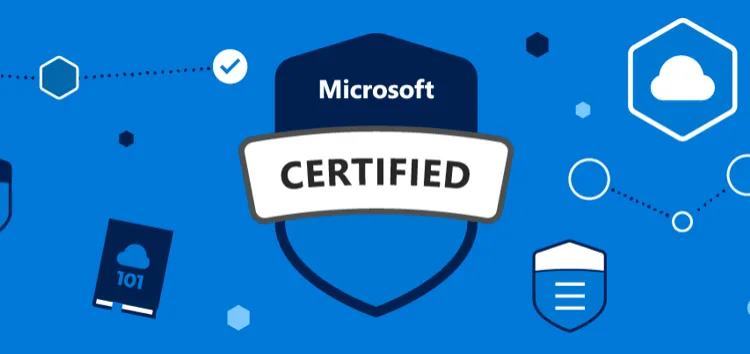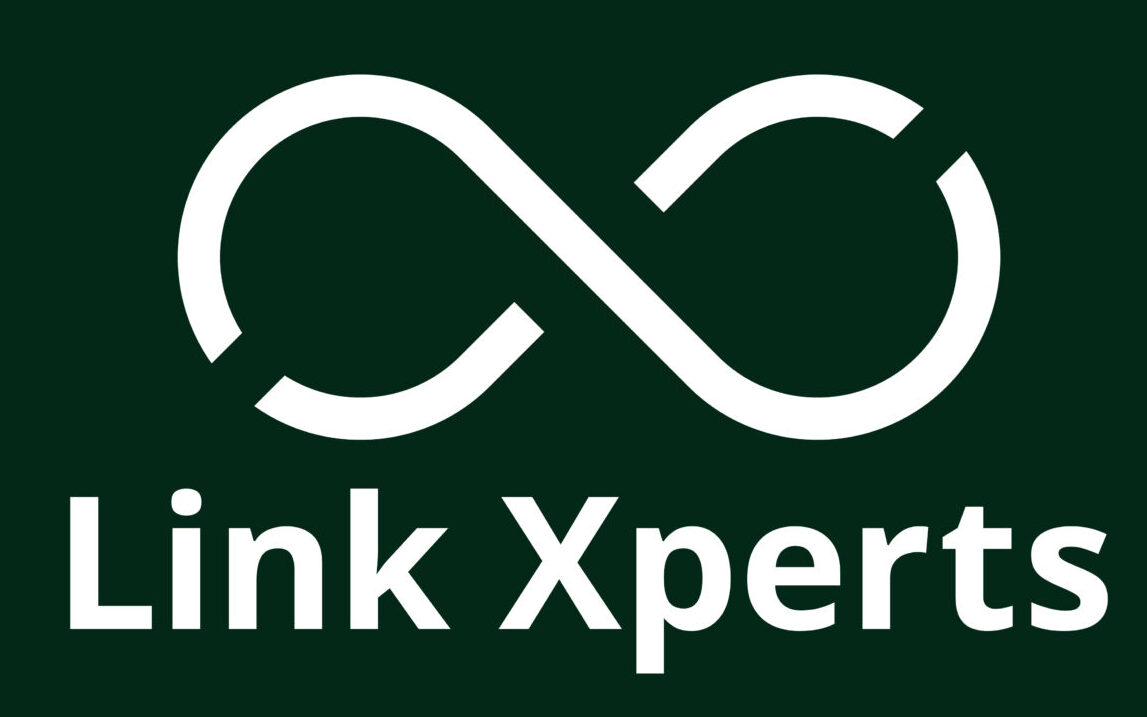
In the competitive world of Microsoft technologies, certifications in Azure, Dynamics 365, and Power Platform are often regarded as essential. However, as someone who specialises in Microsoft recruitment, I’ve found myself questioning: are these certifications really that crucial, or are they simply filling Microsoft’s coffers?
Certifications can be costly, but do they guarantee practical expertise? Having worked as a Dynamics 365 CE & Power Platform Consultant, I recognise the value of staying current, but some of the best professionals I’ve worked with don’t have a single certification. In fact, hands-on experience and problem-solving abilities often outweigh having passed an exam.
The Certification Conundrum
There’s no denying that certifications can offer a useful baseline. They provide a structured way for newcomers to build foundational knowledge and demonstrate their commitment to learning. From an employer’s perspective, they can be helpful markers of a candidate’s skill set, particularly for organisations that may not be intimately familiar with the evolving Microsoft ecosystem.
However, certifications are only part of the equation. Real-world expertise isn’t something you gain by sitting an exam—it’s earned through solving complex challenges in live environments. Being “certified” doesn’t necessarily mean being “capable” in practical scenarios.
The True Value of Experience
In my experience as a consultant and recruiter, I’ve found that real-world knowledge, gained through project work, often outweighs certification. Certifications may help candidates land an interview, but it’s the ability to adapt and thrive in dynamic environments that leads to success. Some of the most skilled consultants I’ve worked with haven’t relied on certifications but instead have honed their craft through hands-on problem-solving and continuous learning.
A Balanced View: What Should You Value?
So, what’s the right balance? Should companies place more weight on certifications, or should they dig deeper into candidates’ practical experience? Ideally, both play a role. Certifications can provide a benchmark, but practical knowledge, adaptability, and the ability to drive real results are far more valuable in the long run.
As the tech landscape continues to evolve, we should view certifications as complementary to hands-on experience, not a substitute. Ultimately, the combination of both is the true marker of a well-rounded, effective professional in the Microsoft ecosystem.
